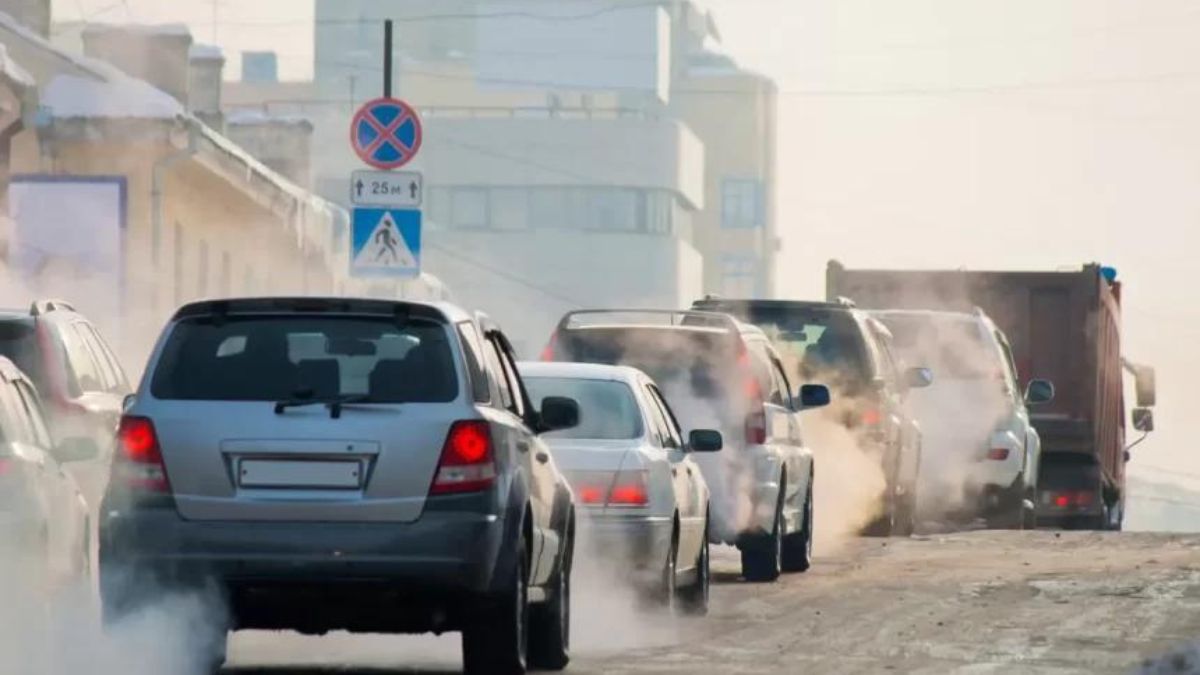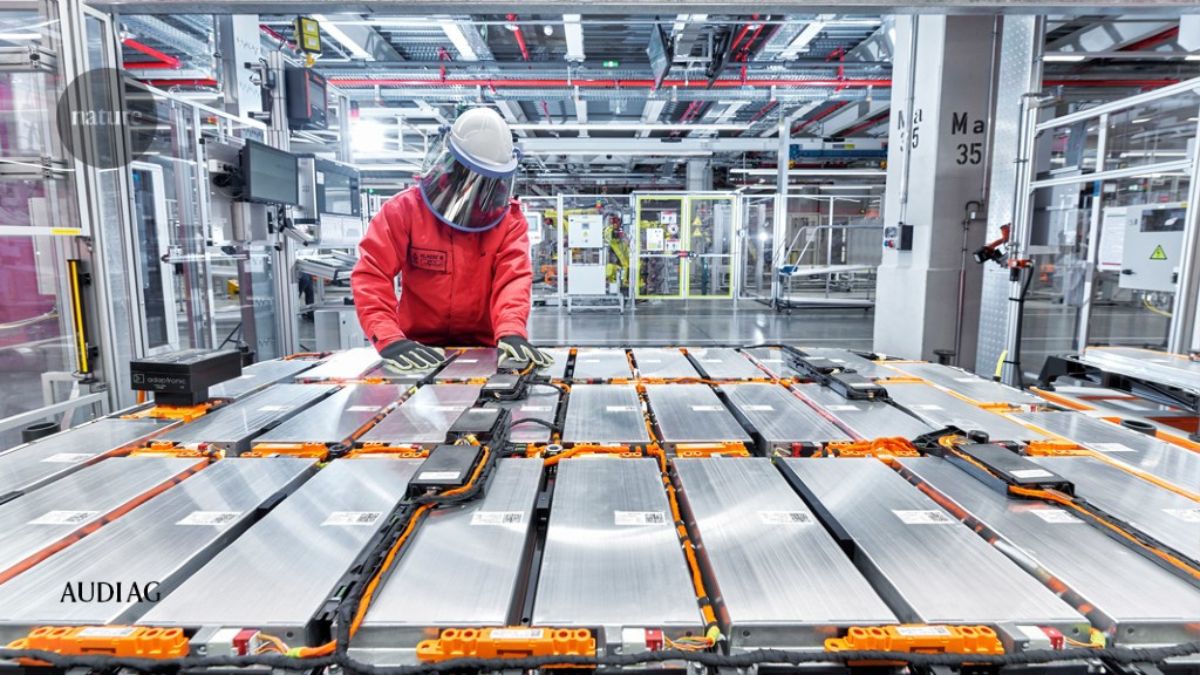Europe will reduce greenhouse gas emissions by prohibiting the sale of CO2-emitting cars starting in 2035.
April 01, 2023 By Omal J

(Image Credit Google)
Image Credit: DNE
A rule that would ban the sale of cars with conventional combustion engines has finally been adopted by the European Union. Germany's last-minute opposition to the Union has to be overcome, while other nations pressing for other options, like Italy, will have to deal with the fallout from the final agreement.
New cars sold in Europe will be required to utilise alternative fuels beginning in 2035. With a bold new strategy that will fundamentally alter the automobile market in the Old Continent, the European Union recently made the historically unprecedented decision to outlaw the sale of conventional vehicles powered by combustion engines.
Weeks after the discussion came to a halt due to German opposition to the initial draught, the European Union countries finally gave their final consent. Berlin requested an exemption for vehicles using e-fuels, which the European Commission ultimately granted.
E-fuels, also known as electrofuels, are a category of synthetic fuels created by combining hydrogen with other renewable energy sources like wind, solar, and nuclear power with carbon dioxide or carbon monoxide extracted from the atmosphere. E-fuels have a lower total carbon footprint than conventional fuels that are refined from crude oil because the quantity of carbon dioxide used in the e-fuel manufacturing process is the same amount that will be released into the atmosphere when the fuel is burned.

Image Credit: ZN
E-fuels should assist the EU in implementing a climate-neutral transportation strategy along with the complete prohibition on traditional automobile sales in 2035. The "direction of travel is clear: in 2035, new vehicles and vans must have zero" or very low CO2 emissions," according to Frans Timmermans, head of Europe's climate policy.
The Brussels Commission will have to make a decision about how to continue selling e-fuel vehicles after 2035 starting in the fall of 2023. The new cars must have a feature that stops the engine from starting if "illegal" gasoline or diesel is used instead of "lawful" e-fuels.
By Omal J
I worked for both print and electronic media as a feature journalist. Writing, traveling, and DIY sum up her life.


 Image Credit: ZN
E-fuels should assist the EU in implementing a climate-neutral transportation strategy along with the complete prohibition on traditional automobile sales in 2035. The "direction of travel is clear: in 2035, new vehicles and vans must have zero" or very low CO2 emissions," according to Frans Timmermans, head of Europe's climate policy.
The Brussels Commission will have to make a decision about how to continue selling e-fuel vehicles after 2035 starting in the fall of 2023. The new cars must have a feature that stops the engine from starting if "illegal" gasoline or diesel is used instead of "lawful" e-fuels.
Image Credit: ZN
E-fuels should assist the EU in implementing a climate-neutral transportation strategy along with the complete prohibition on traditional automobile sales in 2035. The "direction of travel is clear: in 2035, new vehicles and vans must have zero" or very low CO2 emissions," according to Frans Timmermans, head of Europe's climate policy.
The Brussels Commission will have to make a decision about how to continue selling e-fuel vehicles after 2035 starting in the fall of 2023. The new cars must have a feature that stops the engine from starting if "illegal" gasoline or diesel is used instead of "lawful" e-fuels.






